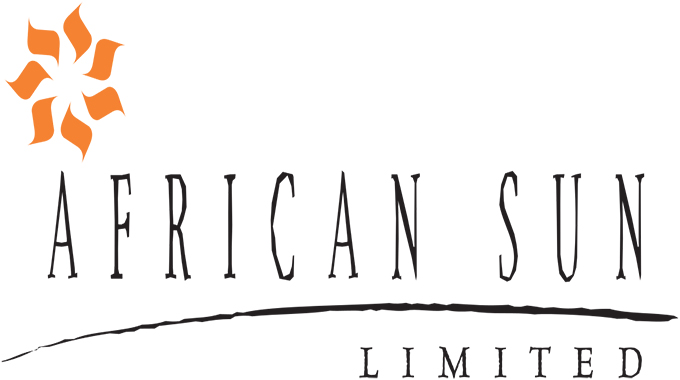Cost of living up: CCZ

Prosper Ndlovu Business Editor
A MARGINAL increase in prices of some basic commodities — induced by importation costs — has pushed the average monthly cost of living 0,50 percent up with the food basket recording a 2,20 percent rise as of last month.
A consumer survey for a low income urban family of six conducted for the month of October by the Consumer Council of Zimbabwe (CCZ), indicates that imports continue to dominate the supply of basic goods, posing a negative effect on the overall economy and disposable incomes.
“The cost of living as measured by the Consumer Council of Zimbabwe’s low income urban earner monthly basket for a family of six increased from the end of September 2015 figure of $559.11to $561.92 by end October 2015, showing an increase of $2.81 or 0.50 percent,” said CCZ.
“The food basket increased by $2.57or 2.20 percent from $116.74 by end September 2015 to $119.31 by end October 2015.”
The highest average family spending record so far this year was in January at $584.91.
The total cost of the food basket and the price of each commodity are arrived at by averaging prices gathered from retail outlets throughout the country.
The basket is regarded as fairly accurate depiction of the cost of living in urban Zimbabwe.
During the period the consumer watchdog observed the price of detergents increased by 24c or 2.87 percent from $8.37 to $8.61. Increase in prices was also recorded in brown sugar by 12c (2kg) from $1.64 to $1.68, tea leaves by $0.61 from $0.98 to $1.59 (250g), fresh milk by $0.05 to $0.65 (500ml), flour by $0.06 from $1.59 to $1.65 (2kg), tomatoes by $0.20 from $0.55 to $0.75 (1kg), and cabbage by 5c from $0.49 to $0.54 (1kg), a kilogramme of meat by $0.09 from $3.90 to $3.99 and green bar by $0.09 from $0.90 to $0.99.
Decreases in prices were recorded in margarine by $0.10 from $0.79 to $0.69 (500g), roller meal by $0.92 from $9.30 to $8.38 (20kg), cooking oil by $0.09 from $1.39 to $1.30 (750ml), rice (2kg) by $0.21 from $1.60, to $1.39 and washing powder (500g) by $0.04 from $0.99 to $0.95.
The price of bread, salt, onions and bath soap remained unchanged from the end September 2015 figures, said CCZ.
“As CCZ we assume that the above price increases were necessitated by importation costs since many commodities are imported from outside the country,” the consumer watchdog said.
Imports remain a major threat to the viability of local manufacturing industry whose products are perceived to be relatively expensive, thereby compromising their competiveness.
Since dollarisation in 2009, Zimbabwe has been a net importer of processed food, clothing, electrical and automobile products mainly from South Africa, Botswana, Zambia and the Far East.
This has resulted in an estimated cumulative $18 billion import bill in the last five years alone, according to the Confederation of Zimbabwe Industries.
Local firms cite high labour, utility and transport costs, antiquated equipment and taxation, for contributing to high price margins.
However, since the beginning of the year, the country has witnessed a steady decline in prices with giant firms such as Delta, Innscor, Unki and the telecoms sector taking the lead.
The government has also heeded the call for business reforms and is pursuing a number of investment reforms aimed at enhancing the ease of doing business in the country.
Meanwhile, the CCZ has urged consumers to shop conscientiously and to always buy certified products.
“Where the products are not certified, to exercise their right to information by carefully examining if the products they are purchasing are well labelled, packaged and provided with vital information such as manufacturing and expiry dates and ingredients used in the make-up of the products.”
The survey is conducted twice during the first and the last weeks of every month.
It also covers rentals, water and electricity bills, education, health, clothing and transport expenditure.








Comments